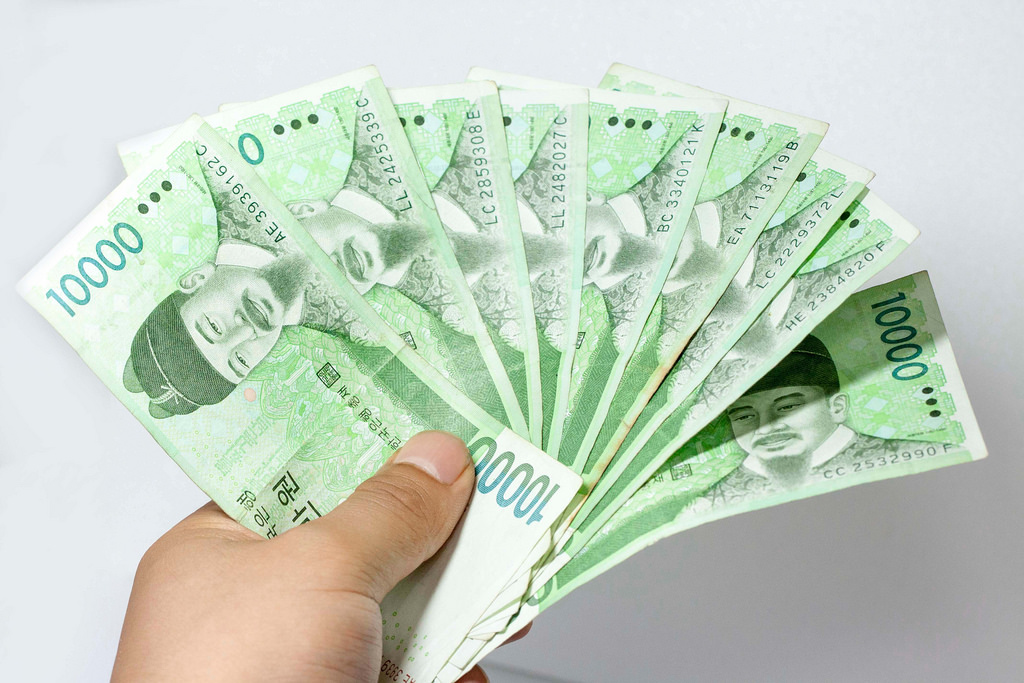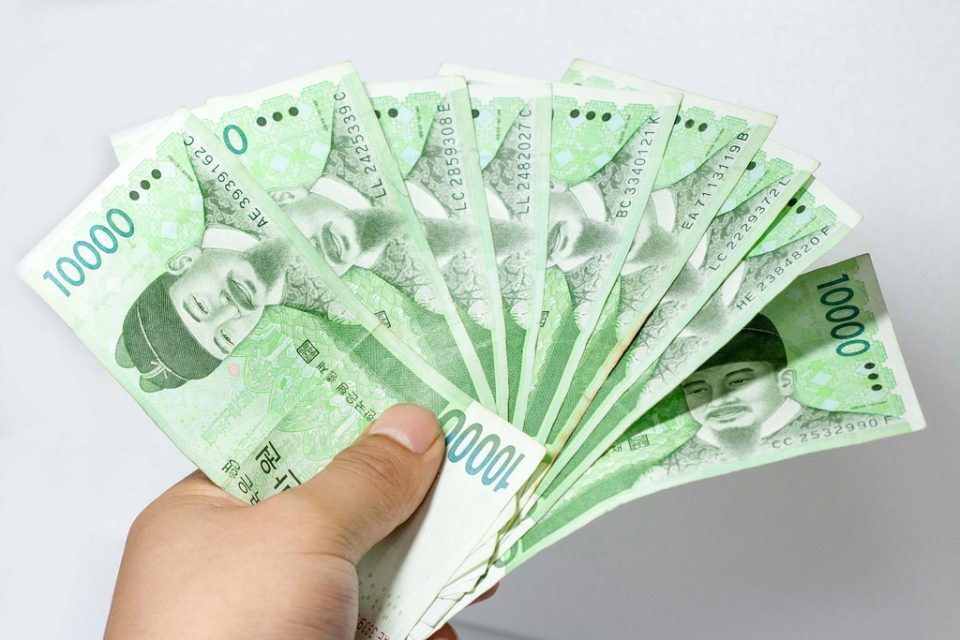
South Korea: minimum wage stirs up controversy again
The government’s ordinance to revise the calculation method for the minimum wage is stirring up controversy and fueling conflict between businesses and workers. They have been locking horns over a particular issue concerning the inclusion of wages employers need to pay their employees for days off. Basically, companies will have to “legally” count and add wages for weekends when paying their employees’ full-month salaries as long as they have worked eight hours per day in the five-day workweek system. For instance, when a person works from Monday to Friday, he or she will additionally get paid for Saturday, and not for Sunday, which is a day of rest, depending on individuals’ workweek schedule. The ordinance will exclude “other resting days” in the revised calculation.
The other days refer to days employees elect to take off for personal reasons, such as weddings or funerals. In some cases, a company lets its employees take the day off on their birthday. If employers and workers agree in their labor contracts that companies should count those days as working days, they need to add those days’ wages in the payment of their salaries. Both businesses and workers are unhappy with the ordinance, which is expected to get endorsement at a Cabinet meeting on Dec. 31 and become effective on Jan. 1 when the minimum wage will be raised to 8,350 won, up 10.9 percent from 2018. Employers want to exclude weekends in the wage calculation, which was upheld by the Supreme Court in a labor case in July. Workers want to add weekends and other resting days. This is for obvious reasons. Companies want to lower costs, while workers want higher salaries.
The government believes the revision is “logical and reasonable,” and the companies’ demands are “unreasonable.” Finance Minister Hong Nam-ki said in a meeting on Dec. 26 that it came up with the calculation that was still based on 209 working hours per month, and companies claiming the calculation will extend the working hours is false. “Companies will not feel the extra burden because of the revision. And it will not further increase the minimum wage,” Hong said. He said the problem was the complex wage structure adopted by companies, which have lowered employees’ and executives’ base salaries so they can earn more incentives and bonuses instead. Nevertheless, the government will deploy a fiscal measure worth 9 trillion won ($8 billion) to support small businesses and the self-employed to reduce the impact of the 10.9 percent wage hike in 2019. It will seek to amend and renew the wage structure by 2020, and encourage private sector innovation to stimulate job creation.
“It is urgent that the economy pursue innovation to develop its next growth engine,” President Moon Jae-in said in a meeting with a group of economists at Cheong Wa Dae. Analysts say the ordinance seemed to go against the government’s earlier pledge to slow down the wage hike. But they agreed the country needs to amend the outdated Minimum Wage Law to simplify the structure so it can better reflect the economy that has significantly advanced compared to when the law took after Japan’s in the 1980s. “The ordinance could further hinder job creation for both young and old,” said Kim Tae-gi, an economist at Dankook University. “What we need to do is fix the law itself. Even Japan got rid of the weekend clause as it advanced.”
By Park Hyong-ki
(Korea Times)



